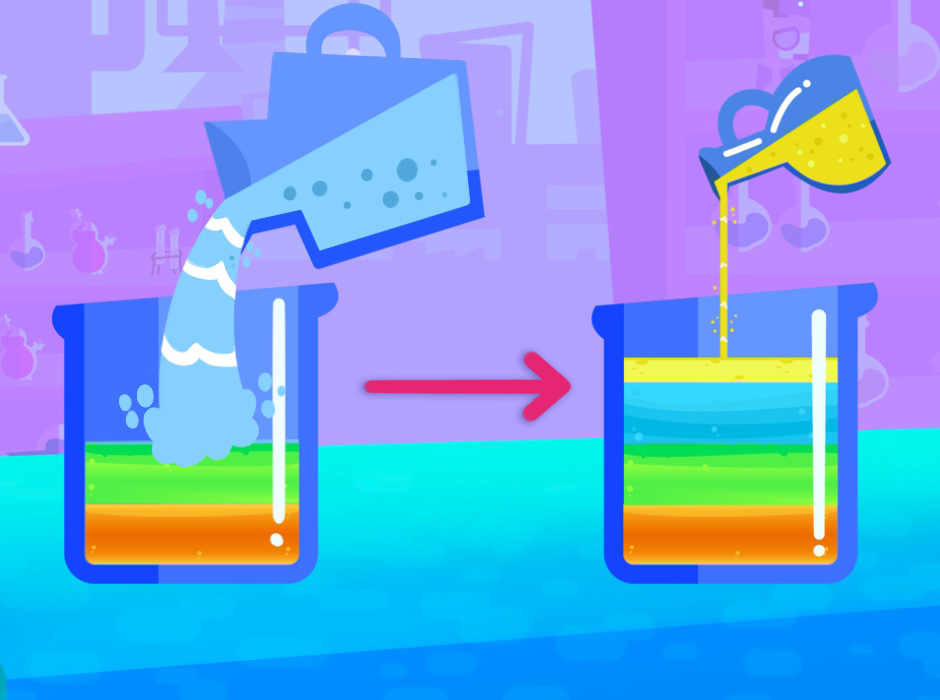Children are curious and we can all agree on that. Their vivid curiosity comes from the fact that they do not know many of the things we adults tend to take for granted. We know why dropping an object causes it to hit the ground, or that plunging a hammer into water causes it to sink. A child, on the other hand, does not have our experience and often does not only want to know what happens, but also WHY.
The famous whys that we like so much (and that torment us) help our child to understand how to approach the world and what to expect from an experience.
Science is experience. Everything we know about physics is the result of an experiment, so why not give children the chance to experience the mysteries of nature first-hand?
You don’t need a real laboratory, just your own home (and a little patience to clean up!).
This is what happened recently with my 5-year-old daughter:
I: “Mommy, why is the oil so globular!”
(Translation: Mum, why didn’t the oil mix well with the rest of the liquid on my plate?)
M: “Because oil and water don’t mix, they have different densities.”
I: (rightly): “And what is density?”
Here I admit I had a moment’s hesitation, but then I found an experiment that suited us: a rainbow in a glass!

It’s nothing more than taking liquids of different densities and putting them in a glass in the right order. To make the experiment a bit more colourful you can use food colouring, but it is very effective even without it, trust me!
Moral of the story: I was satisfied, for once I managed to get away with those famous “whys“, she got to grips with a concept of physics she will never forget!
The new collection “Science or Magic” has arrived in Smart Tales with science experiments for little geniuses. Each story is a journey towards a new sensational discovery and with interactive games, children are involved in all the steps of the experiment. It will also be easier to replicate them together, to experience science at home.
Archimedes’ principle
Acid-base reaction
The density of liquids